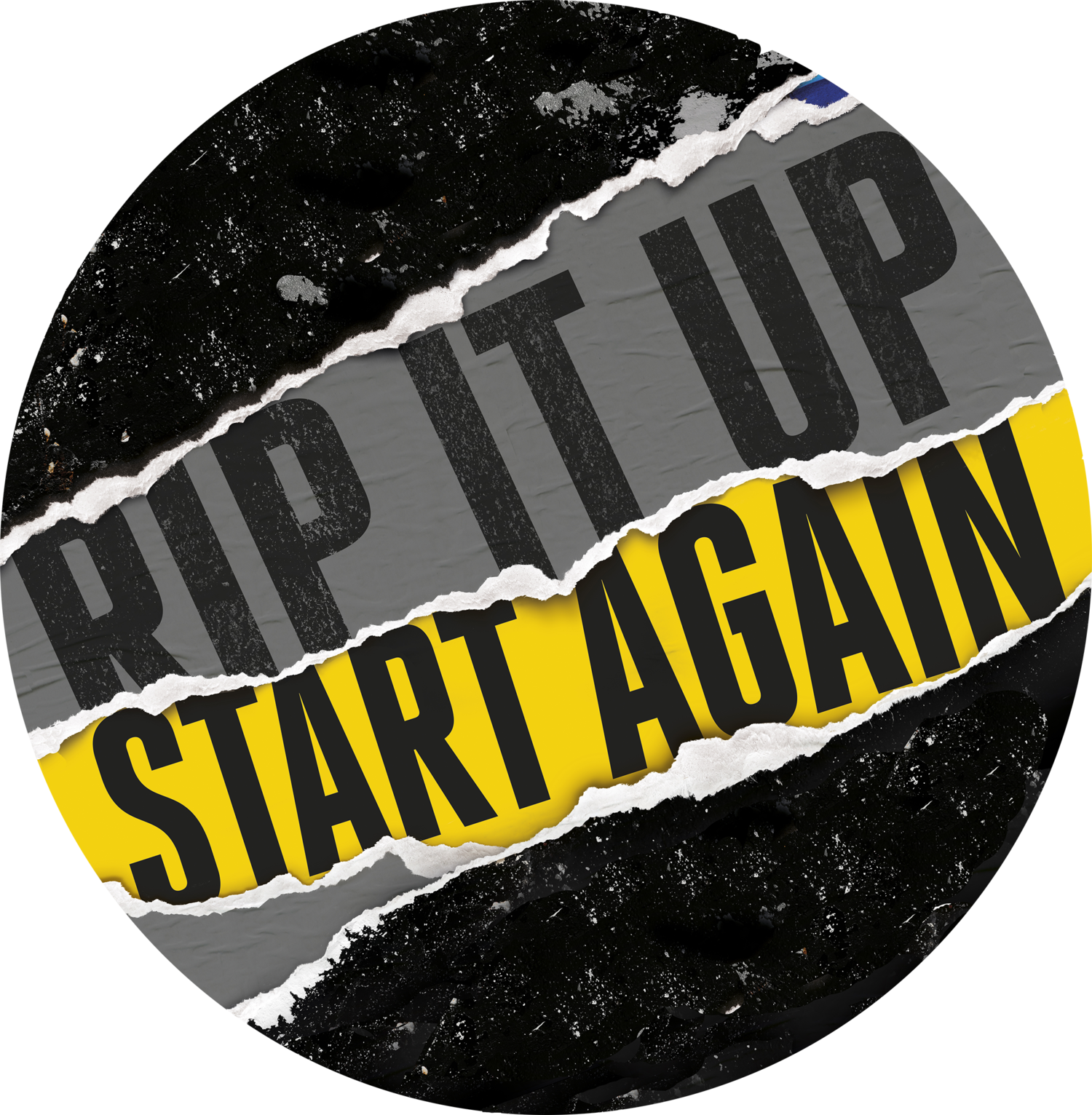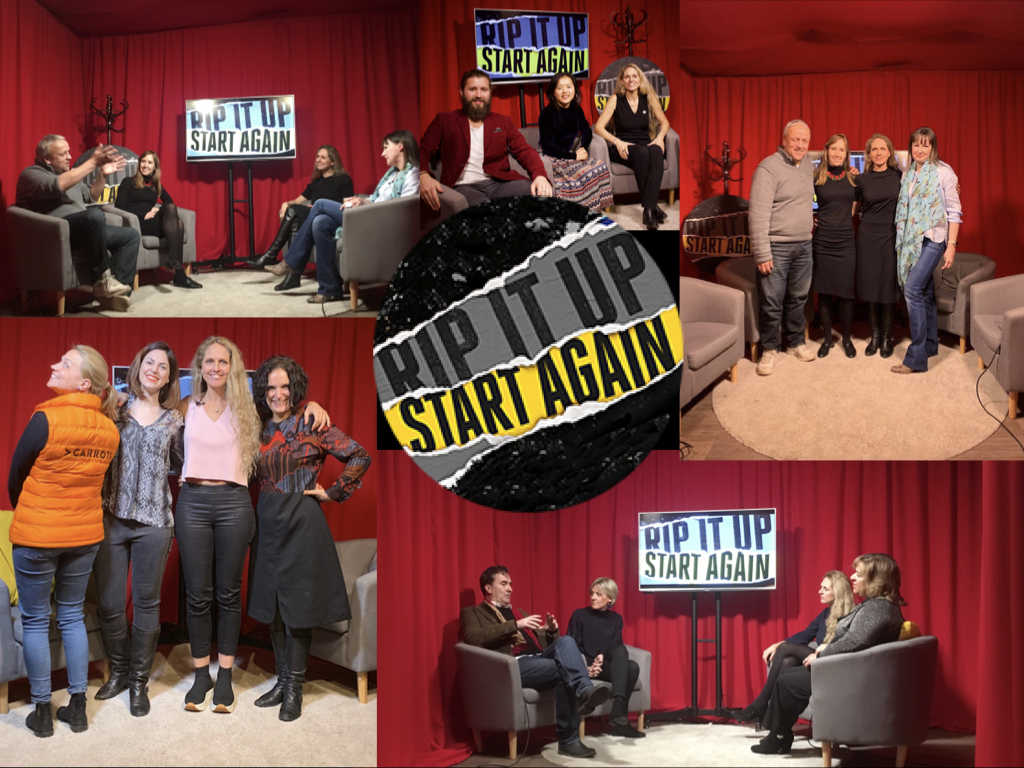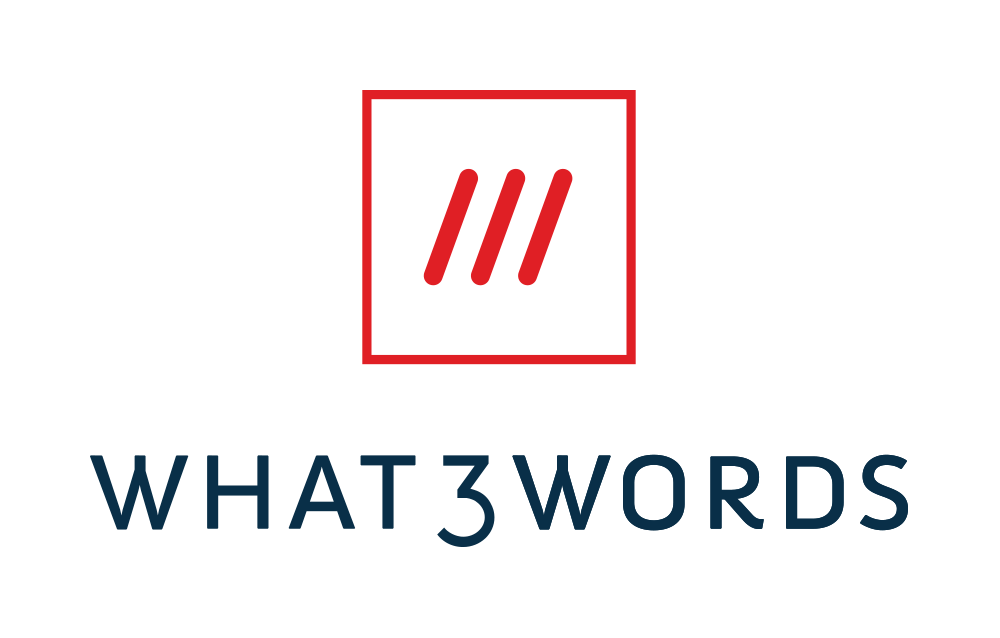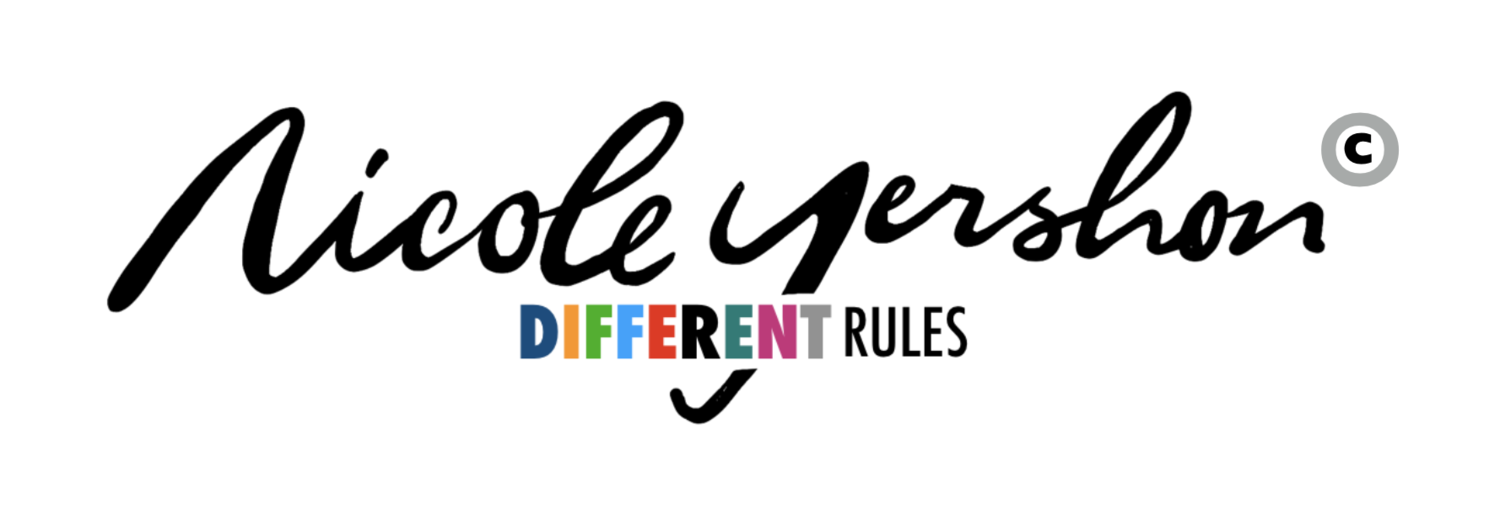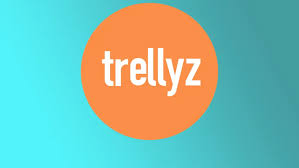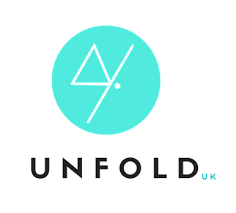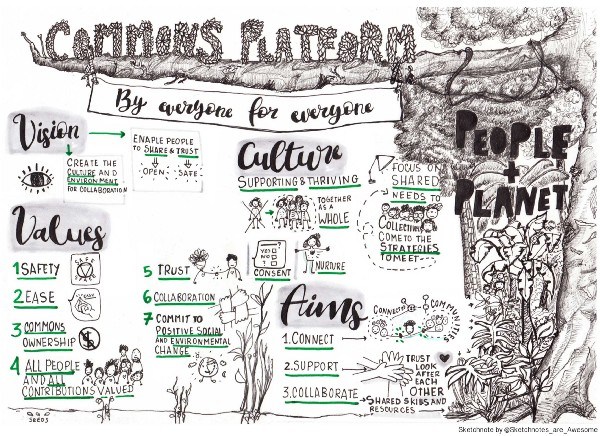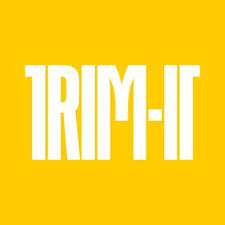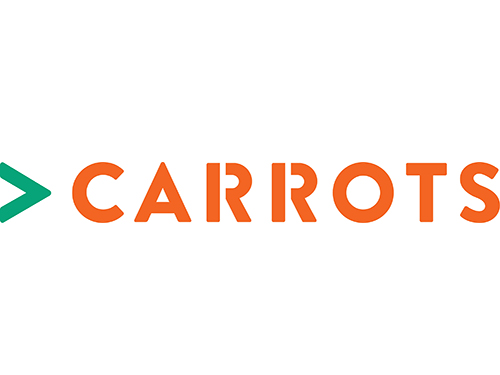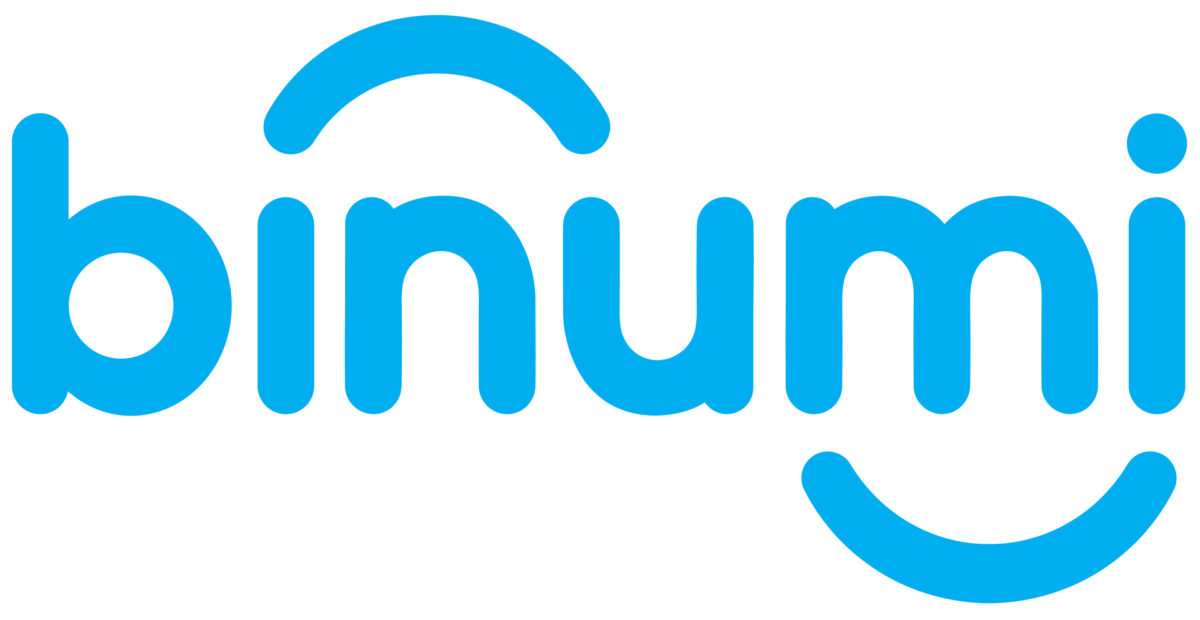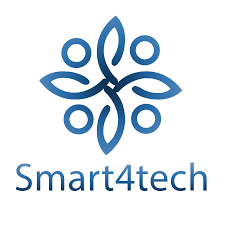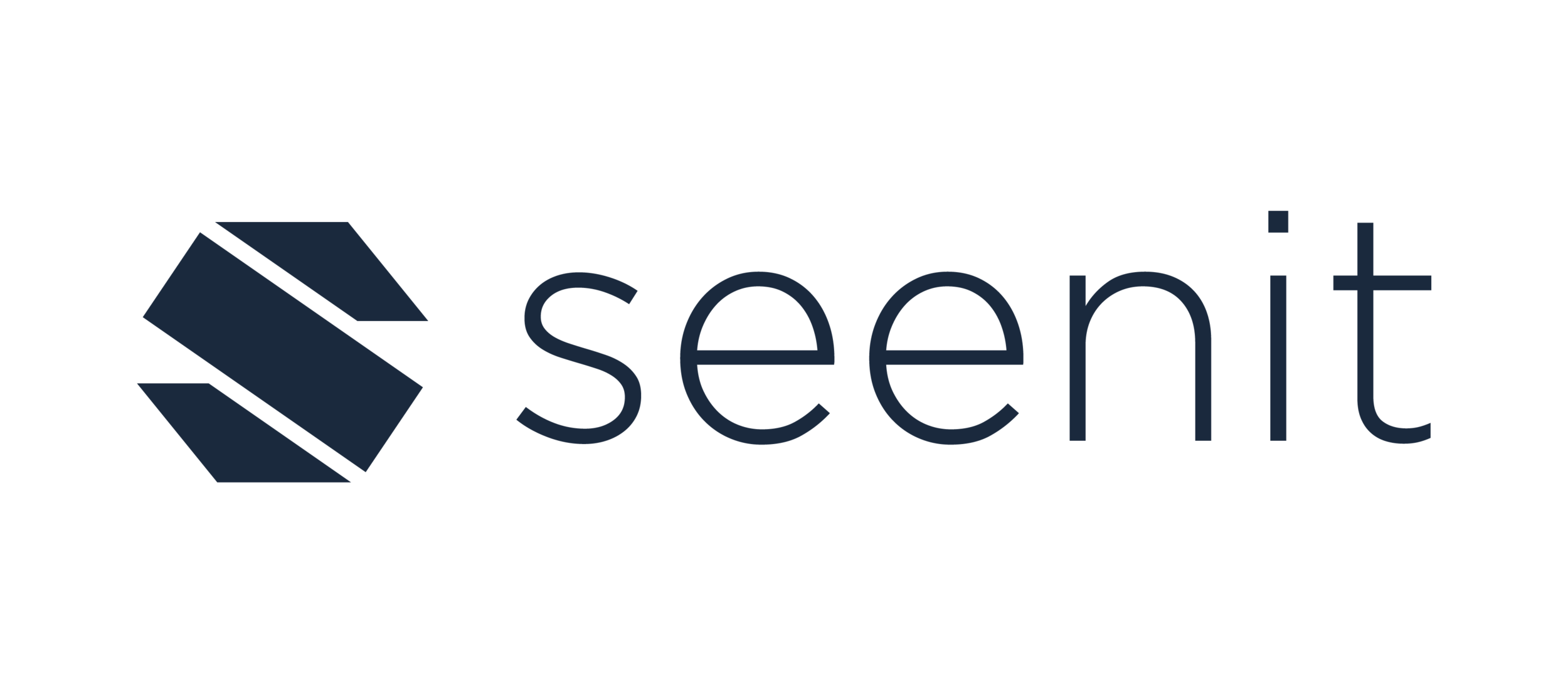Round 3: Vida | Deployed | Able
/Rip It Up have partnered with Disruptive.live to bring you live pitches from some of the most exciting startups right now. Hosted by Lulu Laidlaw-Smith, this televised event includes a series of five-minute overview and backstory from entrepreneurs followed by an interactive Q&A. At the end of the episode, users get to vote for which startup they would invest in. This crowdsourcing approach gives a unique insight into what consumers want – and which startups could be the next unicorn. Winners are announced every quarter!
SPEAKER #1 Devika Wood | Vida
It’s often the case that personal experience is a catalyst for a start-up. For Devika, it was the memory of her elderly grandmother coming to live with her family for over a decade of home care. Devika was ten-years-old. This period of her life, at such a formative age, left a huge mark on Devika and how she perceived we should care for people in their old age. Devika described the ups and downs – on the one hand, being close to her grandmother, but at the same time watching her role model deteriorate, and caring for a loved one through fits and epileptic seizures. The family decided to look for care providers to help out. With no government funding, they turned to private companies. There were around 150 private carers that came to the house over that ten-year period. Some cared, and some didn’t. What’s more, Devika would frequently come home after school to make sure the carer was there and doing their job. There was a lack of consistency and transparency, not to mention communication issues around medication and ongoing hospital treatments. Fast-forward to the present, and Devika is creating a care agency platform called Vida that allows people to stay at home for as long as possible with the care they need. There are multiple problems that must be tackled: we have an ageing population, carers are poorly paid with no career progression, and they have a very demanding job. To incentivise carers, Vida offers career progression and qualifications. Since launching two years ago, Vida has serviced over 200,000 hours of care and overcome issues with scaling by using technology. Now, the platform allows Vida to monitor the logistics of supplying carers at the right time and place, and uses IoT devices for monitoring care in the home. Vida has raised over £6m and is scaling fast. The plan is to acquire other agencies and provide ongoing care to everyone in the UK and abroad. Find out more at vida.co.uk.
SPEAKER #2 Emma Rees | Deployed
Emma is on a mission to bring transparency and efficiency to statements of work. So, what exactly are statements of work? Basically, it’s a contract between a consultancy firm and the company buying the service. The problem at the moment is that this is a manual process. It’s not digital and, most of the time, statements are not even defined until people are on site and delivering the work. In other words, there’s a massive risk to the company and a lack of transparency throughout the whole process. Emma set out to change this. She launched a data-led platform called Deployed, which looks at both live and historical statements of work to create a blueprint. There are multiple benefits to this approach: it reduces risk, saves money and provides much better satisfaction for everyone involved. By using data, Deployed can empower the company to understand the work that is delivered. They also identified that around 20% of statements of work don’t need to go ahead in the first place, or the order of projects is inefficient – so the platform takes a more linear approach to projects within a company. The other discovery is that all companies within the same industry are reacting to the same market forces, so the blueprint statements can help to proactively address challenges along with removing jargon and streamlining the process. Clients are already seeing a saving of between 11-16% per project, solely by creating the right blueprint. If they use the platform to swap out a supplier, then this saving can be even more significant. Deployed has received two Innovate UK grants; one for research and design, which they are investing in creating a user-friendly platform, and the other for emerging and enabling technologies. You can take a look at the incredible work Emma is doing over at deployed.co.
SPEAKER #3 Alexandra Wright | Able
Alexandra is taking a forward-thinking approach to recruitment with the world’s first decentralised marketplace. In recent years, there has been a noticeable shift from traditional careers to selling multiple skills through the gig economy – whether it’s chefs, baristas, DJs or yoga teachers, there is increased demand for more flexibility and transparency when it comes to landing the ideal job. Able helps people trade their skills. The app takes a completely different approach to most job marketplaces. As a user, you can share up to eight skills and immediately find work in your local community. Those searching for someone ‘able’ can let people know they are looking and find candidates with matching skills. To understand the app’s appeal, let’s look at some figures: By 2025, it’s estimated that 75% of the workforce will be millennials and around 50% of positions will be for gig work. The millennial market is made up of multitaskers who want flexibility around their lifestyle, and Able does just that. The app also helps to nurture individual talents and experiences within each of us, supports independent workers and volunteers operating collaboratively in their communities, and provides everyone with access to a fair and open digital marketplace set up for local trading partners or volunteers. Want to give it a go? The app is available for download from the Apple Store and Google Play. You can also follow Able on social @able.global and check out their website, www.able.global.
Q&A HIGHLIGHTS
On problems solved...
Emma Rees: “We feel that the problem we are solving is a lack of transparency within the industry of consulting. We engage external resources because we don’t have the talent internally to roll out the project that we need. However, when we are sold these services there’s lots of jargon and buzz words and acronyms that we just don’t understand, and consultants aren’t very forthcoming in talking about the work because it leads to larger revenues and bigger projects and scope creep. Also, bear in mind that sometimes the client actually doesn’t know what they need, they just know they have a problem. So we feel by using both historical and live data we are able to lift the lids on the jargon and bring transparency to say actually what is that job that we are doing and what skills do we need to roll that job out and that project.”
Alexandra Wright: “It’s a fundamentally different solution to the inefficiencies and ineffectiveness that sits within our labour market at the moment. The tools that are out there – whether it’s notice boards or LinkedIn – they are not quite fit for purpose, particularly with the changing the people in the workplace. The fact that so many of them are millennials now and the nature of the way we are working and interacting with organisations, and the fact that so many more people are freelancing. So Able is a new tool to try and help people to empower them articulate and share their skills in a new and different way that is not linked in. Five years ago the technology wasn’t around to support this.”
Devika Wood: “There’s a huge elderly population around the world, and not enough carers to look after them. Care homes are all closing down because they don’t make money, but they are also awful institutes where people go to just essentially pass away. There are some amazing ones out there, but if you want a good one you have to pay around £200–£3000 a week. The rest of them are between £400-£500, and for that they are horrendous. So, fundamentally, I want to make sure that everyone is able to stay at home for as long as possible. There is this whole moral ethical dilemma that people’s family members want to sell their loved one’s home to get the money and then they shove their loved one into a care home, which I see a lot of when I go out to meet my clients. This is the reality of the situation and it shocks me. I think that we need to change that mindset and what I’m trying to do is try and make sure there are other options out there.”
On trust...
Emma Rees: “Trust is paramount to what we’re trying to do. When we were doing our research, we found that people would use want to use the consultant that they had before. They trusted them to do it. There is a famous saying that no one is ever fired for hiring IBM; because they would feel that they have all the answers, they will deliver. There are faults on both sides the equation. The customer doesn’t know what they want, so there’s ambiguity in the consultant delivering and pitching for the right piece of work, but we feel that the data that we provide brings that trust. We’re finding even consulting firms are interested in the data we are gathering because they themselves don’t gather the data. They are reinventing the wheel every time they are writing the statement of work.”
Alexandra Wright: “It’s a huge part of the solution given that it’s a community trading app – essentially, a peer-to-peer decentralised train app. I am inviting people to make those connections; they have to have the responsibility of managing the trade themselves. In Able, you agree to user values of ‘being good, being fair, being kind’ and those values are built out for both the services provider and the service seekers to explain what those look like in the future. Looking at having cryptographic based validation tools in there to your point API which can help validate that the person is who they say they are. However, Able as a tool I’m trying to help people create and to have that relationship necessary without the technology, so you can match them and then support them with the trade but ultimately the success is up to them.”
On validation...
Emma Rees: “We got really lucky. I say lucky, we worked really hard at it. Our first Innovate UK government grant that we were awarded was for early-stage design and research foundations, so actually we spent over 350 hours with structured interviews understanding the way that the current system worked and interviewing both buyers and sellers. It actually helped us refine our offering and what we were going to take to market and then really early on we were able to take our first client on board and that also helped validate. But I also think as well you can never assume product market fits with technology just because you get one customer. Particular with B2B, I think you can’t have any ego. You really need to strip that back and actually if I’m really truly trying to solve this problem and my market is asking for something different, asking ourselves if we are able to move slightly to what the customer needs.”
Alexandra Wright: “Able as an idea comes from a decade of my career, so that’s what it was born out of throughout the build and design process with user testing with communities of people that will be the users and have downloaded it since. Full of validation is going on now; we have three boroughs which we are currently rolling out to: two in London (Newham and Lambeth), and Reigate and Banstead in Surrey. We're in each of these areas partnering with a community project, the biggest one being Brixton Pound in Brixton, higher education institutes, co-working sites, and local business networks as well as communications PR marketing to get to the Commons but on each site taking those Boroughs and rolling out there. We just started and feedback is going really well.”
Devika Wood: “We needed investors to validate it, because you can believe so so aggressively in what you’re doing and ‘this is going to change the world’, then investors will turn around knock you back. You’re not going to pitch to every investor and for them to think it’s a great idea; you’re going to pitch to over 300 investors and only five will believe in your initial idea and then it’s just about executing once they believed in you, which is never-ending but thankfully for me this is an industry that is completely untapped. Every single investor I have met and every single person that I have met has been through the care home experience in some way; they’ve had loved ones or people that they know, so it wasn’t difficult for them to validate the idea. It was just about whether this industry is going to accept the disruption. That was the problem we are still finding every day now.”
On scaling up...
Alexandra Wright: “Assuming we validated these three business cases, I will create a repeatable method and either I scale the company or I raise grants – because of the nature of the work that I’m doing, I can schedule it quickly across the UK. I can even try and create a franchise type thing and push it. I’ve had people contacting me asking if I would come to Amsterdam and roll this out there or ‘come to Valencia we really need this’. So, I do you see an opportunity to create packs and activate without me being there, but we are focusing on these three business cases right now and I will see how to scale coming soon.”
Devika Wood: “We have huge demand and our supply is weak, so obviously we are trying to make sure we attract more carers into the industry and professionalise it so that people actually have career progression, just as you would if you were a nurse or a doctor. This is a huge education mission because to date people have fallen or tended to fall into care because it’s not regulated. Essentially it’s the opposite of what Uber has done for the taxi black cab drivers who are qualified having gone through the intense test: The Knowledge. And it was kind of a very specific job that you got into. Uber created the volume and scale to the taxi driver and took away the regulations and qualifications required to be a taxi driver, using technology. We are doing the opposite but essentially what we want to do is make sure that we attract the right carers in that they are given the tools to enable care.”
On change…
Alexandra Wright: “There is a Japanese concept called Ikigai, which is where you find that thing you do is your sole purpose and that the world needs it. You can get paid for what you want to do naturally as opposed to going to an office. More and more people are deciding to follow their sole purpose and not stick around doing careers they don’t want to do anymore. We’re going to be seeing more people coming to tools like Able. On top of that, the change that is coming in terms of moving towards more collaborative economies again will be driving more people towards Able.”
Emma Rees: “Our mission is that we are changing the way that companies engage with external resources. I believe that our platform will become the infrastructure of the future. Actually we’re kicking off a project with Warwick University in the office of national statistics because independent gig workers are defined differently from company to company, so we’re trying to change and get involved with some government policy because with contingent workers, companies don’t have to report the pay gap, the gender pay gap, because they can’t be classified as something different.”
Devika Wood: “I’m inspired by the way that people perceive female founders – women in business, young women who have to be the stereotypical person, or you don’t believe in yourself, you are not told that you can be a business leader. I hope to inspire those women to be able to do what they want to do at a young age, jump through those milestones and jump through those hoops and jump through those really awful barriers; that’s what I’m inspired to change.”
